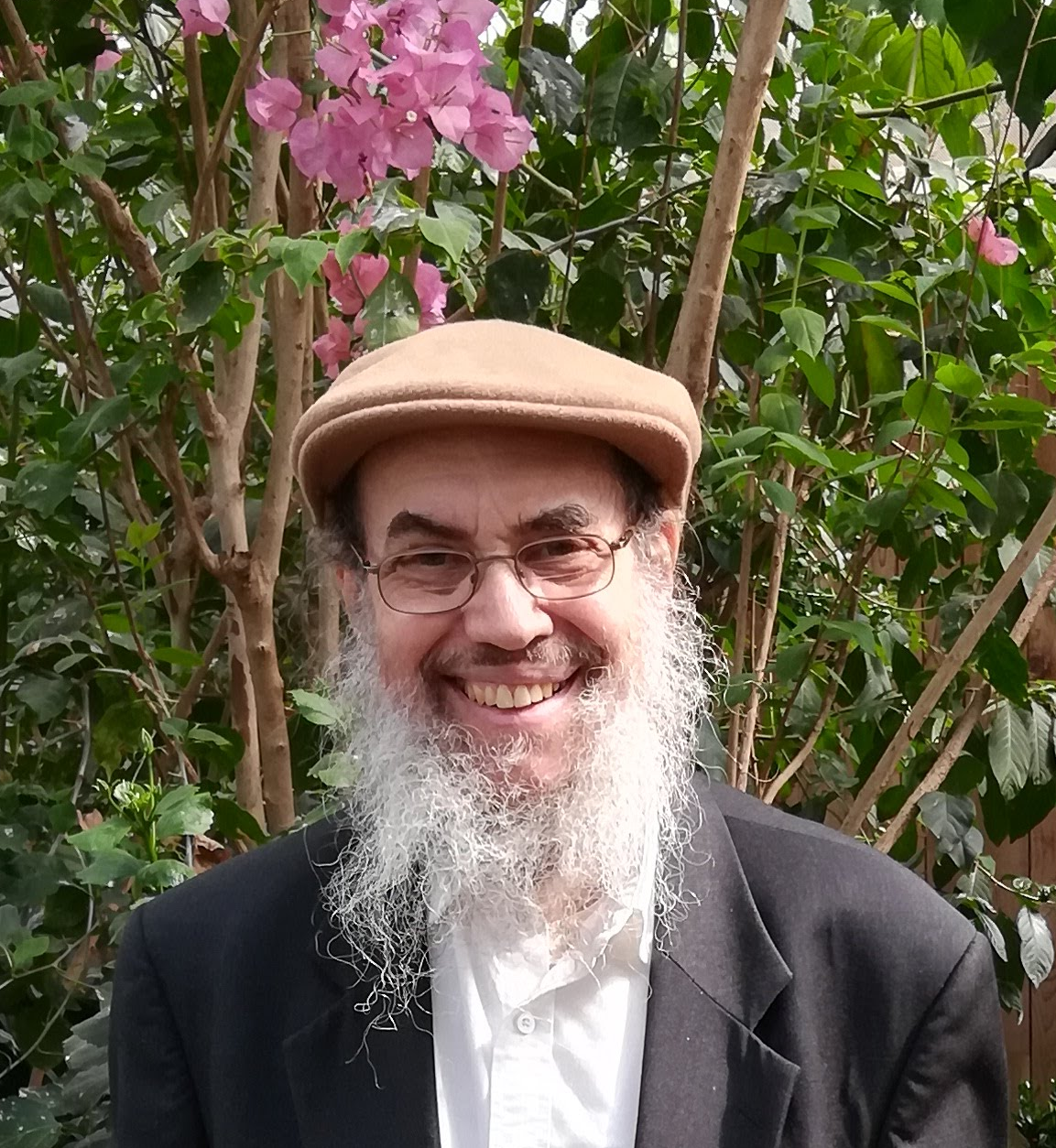Nurturing Future Minds: David Seff's Guide on Becoming a Good Tutor
Tutoring is an art that requires not only expertise in the subject matter but also a deep commitment to the growth and development of learners. David Seff, a distinguished professor and versatile educator, provides invaluable insights into how to become a good tutor and make a lasting positive impact on the academic journeys of students. In this article, we'll explore Seff's guidance on effective tutoring techniques and the path to becoming an inspiring educational mentor.

The Foundations of Effective Tutoring
David Seff's journey in academia spans over four decades, and he has excelled in a wide range of subjects. His diverse experience has endowed him with a unique perspective on what it takes to be a good tutor.
1. Master the Subject Matter
One of the foundational elements of effective tutoring is a deep understanding of the subject matter. A good tutor is not only well-versed in the topic but can also simplify complex concepts and tailor explanations to the student's level of comprehension.
2. Adaptability is Key
According to David Seff, adaptability is a cornerstone of good tutoring. Every student is unique, and their learning styles vary. A great tutor can adjust their teaching methods to suit the individual needs of each student, ensuring that the student feels comfortable and confident in their ability to learn.
3. Communication and Patience
Clear and effective communication is another vital aspect of tutoring. Patience is key when working with students who might struggle with certain concepts. A good tutor is empathetic and supportive, creating a safe space for the student to ask questions and seek clarification.
4. Encourage Critical Thinking
Tutoring isn't just about providing answers; it's about fostering critical thinking. David Seff emphasizes the importance of encouraging students to think independently, analyze problems, and arrive at solutions on their own. This empowers them to become confident and self-reliant learners.
5. Making a Positive Impact
Becoming a good tutor isn't solely about academic success. It's also about making a positive impact on the lives of students. David Seff shares some crucial insights into the broader aspects of tutoring:
6. Building Confidence
A great tutor not only imparts knowledge but also builds the confidence of their students. This is achieved by acknowledging their achievements, no matter how small, and providing constructive feedback.
7. Cultivating a Love for Learning
Tutoring isn't just about completing assignments; it's about igniting a passion for learning. David Seff believes that good tutors should inspire curiosity and encourage students to explore beyond the classroom.
8. Supporting Holistic Growth
Effective tutors don't just focus on academics; they care about the overall growth and well-being of their students. Being a mentor and guiding students through challenges both inside and outside the classroom is a mark of an exceptional tutor.
Conclusion
Becoming a good tutor and making a positive impact on the academic journey of students is a noble pursuit. As David Seff's illustrious career demonstrates, it's more than just imparting knowledge; it's about empowering the next generation of learners. With a solid foundation in the subject matter, adaptability, effective communication, and patience, tutors can guide students towards academic success. Furthermore, by nurturing confidence, cultivating a love for learning, and supporting holistic growth, tutors can leave a lasting imprint on the lives of their students, contributing to their overall development and success.


